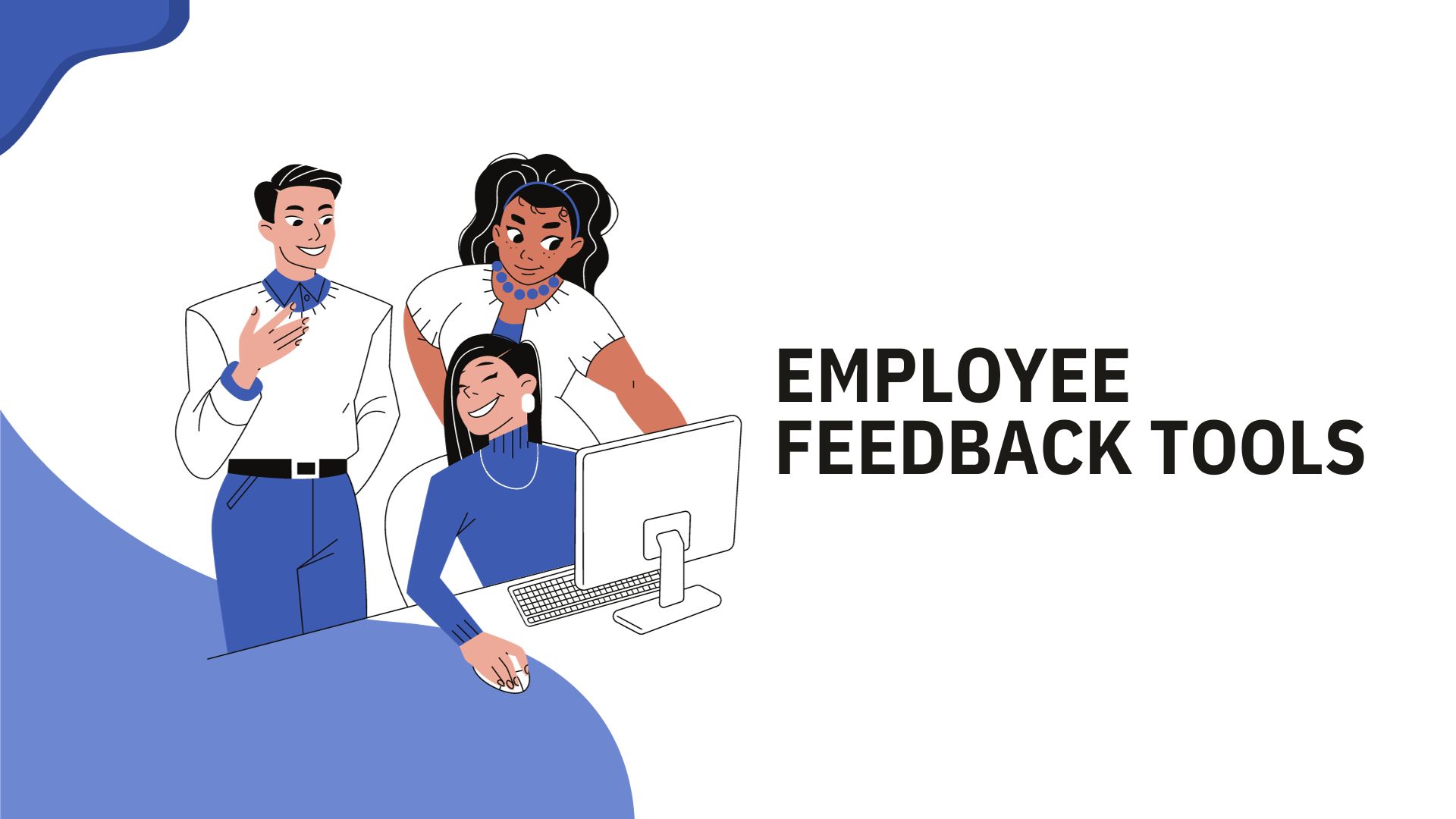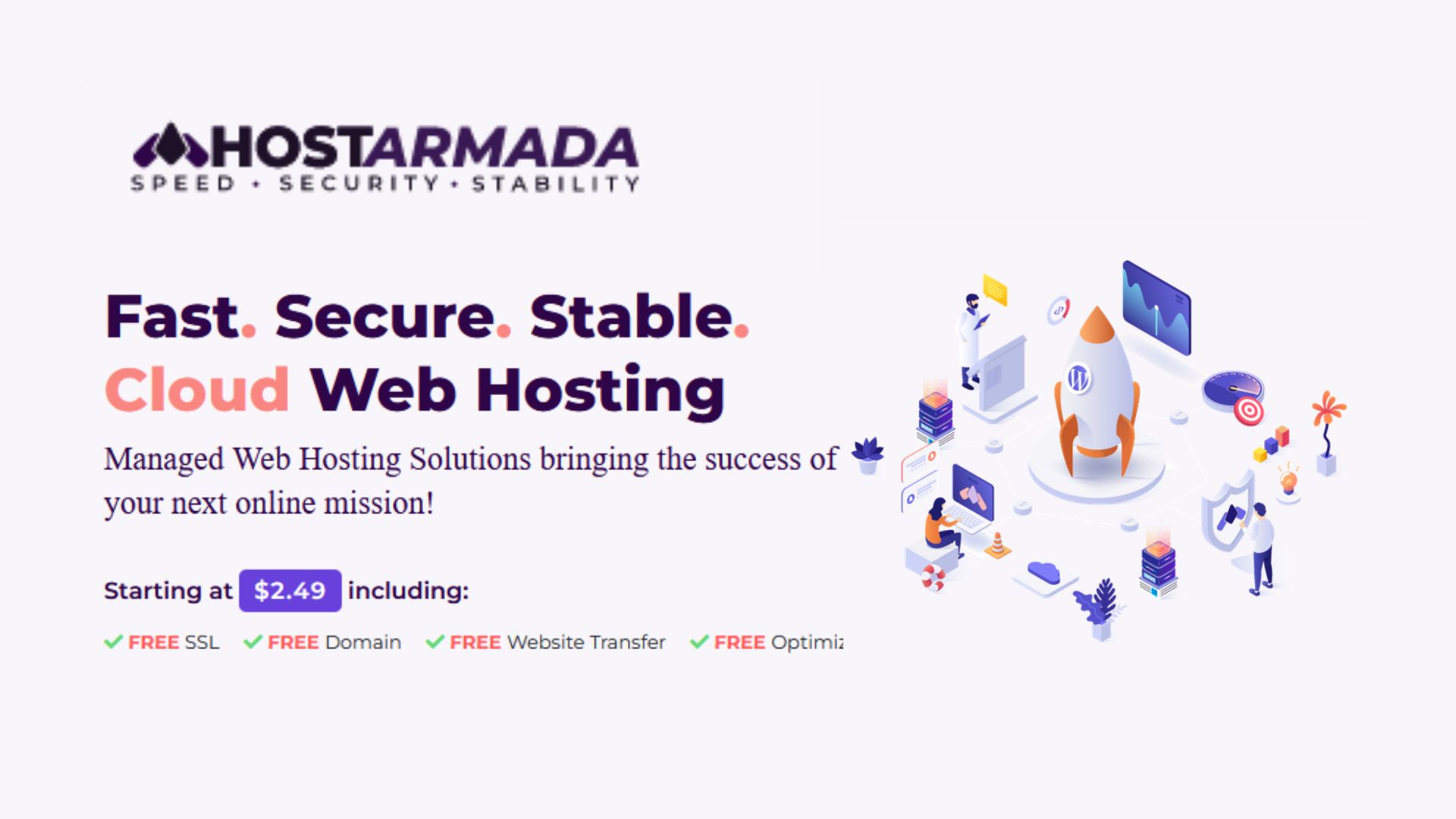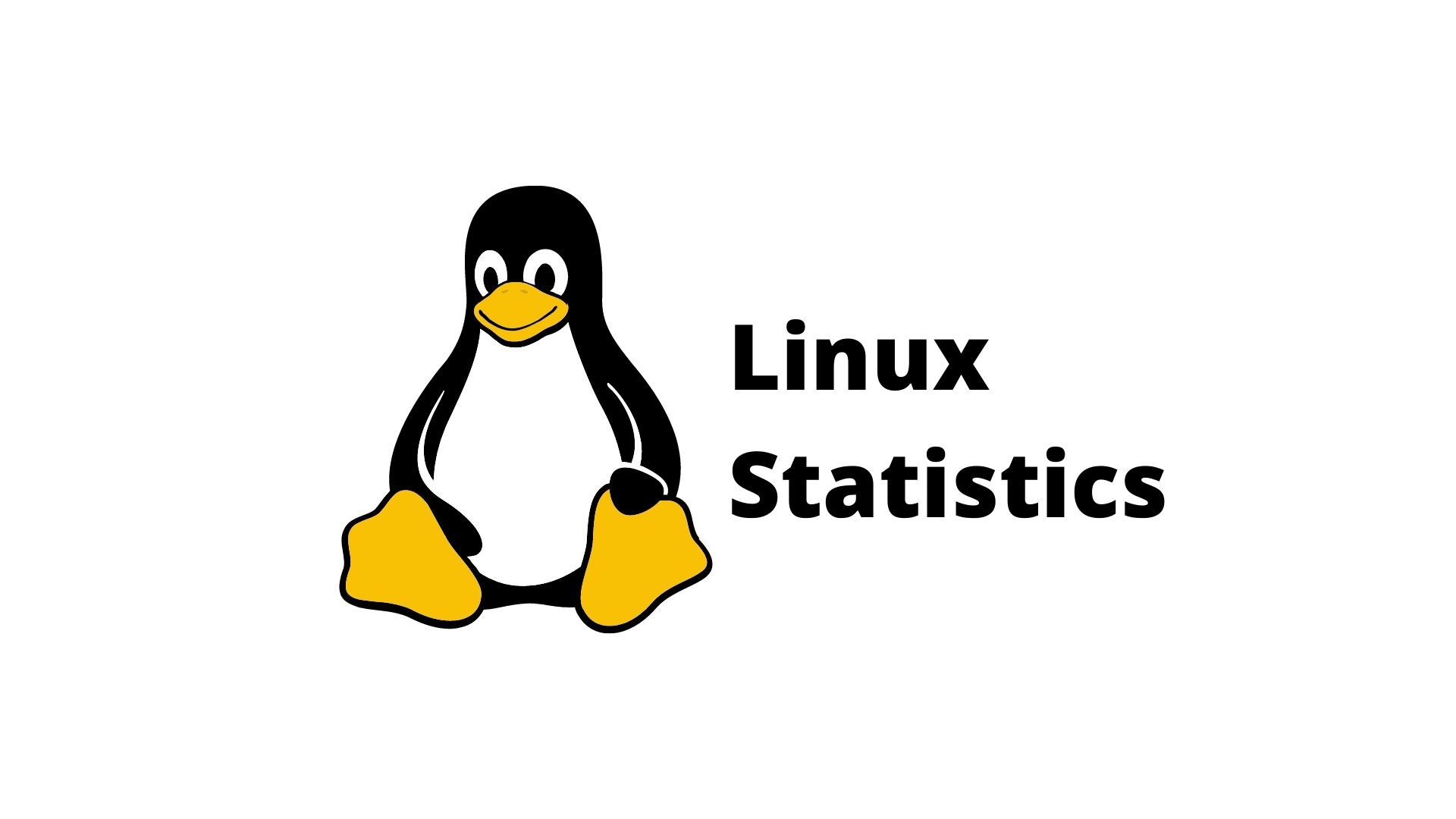SUSE Advances Linux for SAP Applications
SAP applications run on Linux, and in particular they run on SUSE Linux Enterprise Server (SLES). SAP and SUSE have a longstanding partnership, and there are a number of SAP applications where SLES is the only operating system that is certified by SAP.
SAP doesn't run a plain vanilla version of SLES, but rather uses a special version called SUSE Linux Enterprise Server for SAP Applications. SUSE has updated that platform with a new release that brings the platform up to the same service pack level as the rest of SUSE's customer base. SLES SP2 was first released in March of this year, with a Linux 3.0 kernel and the next generation Btrfs filesystem.
Layering in on top of the SP2 features, the SAP enhanced version includes an SAP installation wizard as well as open source Clam Anti-Virus support. As to why there is a delay between a regular SUSE release and thE SAP enhanced release, that's something SUSE is working on. Jan Weber, SUSE product marketing manager explained to Enterprise Apps Today that the SAP version also bundles in a high-availability module.
“On top of that we include the installation wizard and other enhancements for SAP,” Weber said. “So it takes some time in between releases, though we are now working on reducing the amount of time to get the releases closer together.”
One of the other key enhancements that the SAP version of SLES provides is an improved Page Caching feature. Weber explained that the caching features enable SAP administrators to set a hard limit for the amount of page cache that is used for I/O operation that is important for memory intensive workloads.
The Clam A/V integration is another key new addition. Weber noted that adding in antivirus support was a request that was driven from SAP's user base.
“As we worked with the SAP Linux Lab, it was a request from them based on customer utilization,” Weber said.
From an installation perspective, getting SAP applications up and running quickly on the SUSE Linux is another primary attribute of the platform. Weber explained that the SUSE installation provides the portioning and layout necessary for an optimal SAP application installation. There is also a configuration dialogue based on SAP application from which customers can choose which applications are set to be installed. SUSE does not however distribute or license the SAP applications, that is all done though SAP and its channel partners.
Moving forward, Weber noted that SAP and SUSE are going to continue to collaborate on the SLES for SAP platform and are also continuing to work on Unix to Linux migration for SAP customers.
Sean Michael Kerner is a senior editor at InternetNews.com, the news service of the IT Business Edge Network, the network for technology professionals Follow him on Twitter @TechJournalist.

Sean Michael is a writer who focuses on innovation and how science and technology intersect with industry, technology Wordpress, VMware Salesforce, And Application tech. TechCrunch Europas shortlisted her for the best tech journalist award. She enjoys finding stories that open people's eyes. She graduated from the University of California.


